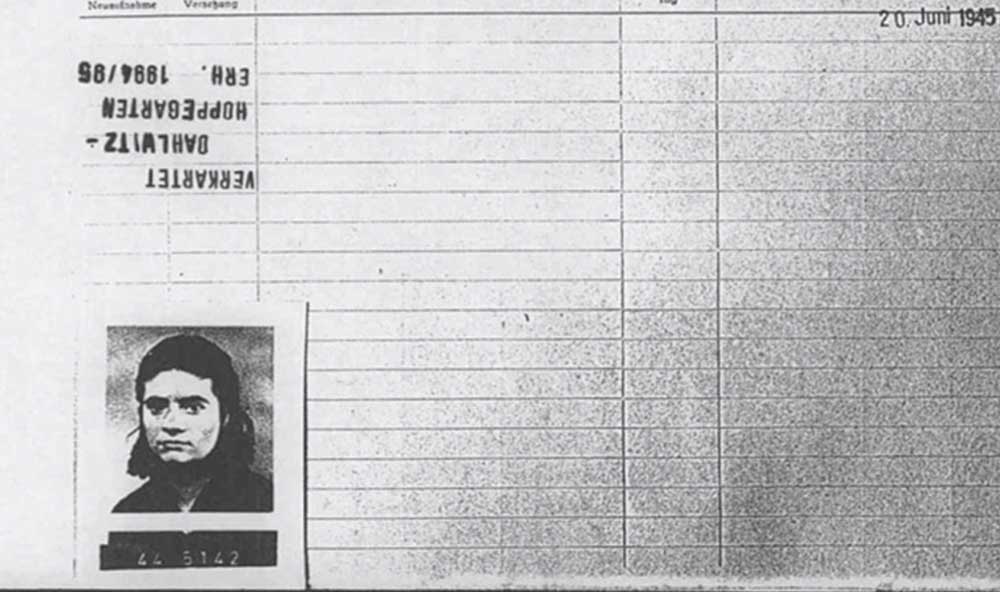Although the numbers of Italian civilians forced into working for the Third Reich were significant, their story was neglected in the public memory of post-fascist Italy. They were not even taken into consideration in the compensation measures for victims and the persecuted issued by the governments which had taken over in the Kingdom of the South and then in the Republic. Regarding the latter aspect, the decision to consider voluntariness as a discriminating factor was crucial: since it was impossible to assess who had accepted job offers for work in the Reich, and who instead had been the victim of coercive measures, it was decided in high places not to compensate any of them. The possible stigma of “collaborationist” also weighed on how writers depicted work in Germany in their memoirs, pushing if anything those who had been sent there after 8 September 1943 to seek refuge in the less cumbersome label of “deportee”, used by many of them in statements made to official bodies after their return to Italy. Obviously this ploy was unavailable to those recruited in the previous period, often simply branded as fascists. At the time of their departure for Germany between 1938 and 1942 as labourers, unskilled workers, miners, industrial workers, these Italians – including prominent intellectuals, men of culture, writers and journalists – had in fact been far from hostile towards the regime, its leader, and its regulations, even the most hateful ones. Nevertheless, many of them would subsequently, and meritoriously, oppose the RSI and the German occupiers. Three quarters of a century after the end of the war, however, the time has now come to give a biography, a story, and a face to the tens of thousands of women and men who were involved in and often overwhelmed by these events. This is the sense and goal of our research and of this photographic exhibition, which we hope will become a stimulus for further study.
